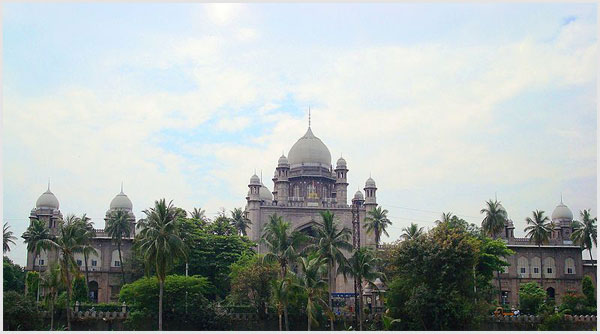In his autobiography, Before Memory Fades, Fali S. Nariman wrote:
“We demean ourselves and our profession when we resolve to strike work, and (so) paralyse the working of courts, where public cases and causes demand our expertise, intercession and assistance.”
Pro-Telengana advocates recently boycotted courts in Andhra Pradesh. The protesting advocates had demanded a 42 per cent quota for advocates from the Telengana region in the appointments to various law officers, such as government pleaders and public prosecutors in courts, as a compensatory measure. After many days of stalemate, the Government finally acceded to the demands. The episode generated sharp and divergent public opinion about the mode of protest.

When the Supreme Court in Harish Uppal v. Union of India, (2003) 2 SCC 45 was faced with a similar question, it had observed:
“It is settled law that it is unprofessional as well as unbecoming for a lawyer who has accepted a brief to refuse to attend Court even in pursuance of a call for strike or boycott by the Bar Association or the Bar Council. It is settled law that Courts are under an obligation to hear and decide cases brought before it and cannot adjourn matters merely because lawyers are on strike.”
The Hon’ble Court had also asserted:
“Unfortunately strikes and boycott calls are becoming a frequent spectacle. Strikes, boycott calls and even unruly and unbecoming conduct are becoming a frequent spectacle. On the slightest pretence strikes and / or boycott calls are resorted to. The judicial system is being held to ransom. Administration of law and justice is threatened. The rule of law is undermined.”
However, a view has been expressed that the observations of the Hon’ble Supreme Court are apt only in situations where a lawful redress is available to remedy injustices. Instances of protest for self-determination almost certainly require special treatment. Without delving into the details and the correctness or otherwise of the pro-Telangana agitation, it has to be said that there is some substance to that view.
It would not be out of place to mention here that the movement for Indian freedom is replete with incidents of boycott of courts by lawyers and freedom fighters. In fact, resolutions adopted by the Indian National Congress during the Non-Cooperation Movement, included the ‘boycott of courts by lawyers and litigants’ on the agenda.
Lawyers are officers of the court and have an overriding professional duty to facilitate the administration of justice. Clearly, the ‘strike weapon’ ought to be employed sparingly and wisely and only as a last option, but each lawyer should decide whether and when to use it according to his or her own ‘political sensibility’.
(Pavan Kumar is an advocate at the High Court of Andhra Pradesh.)
